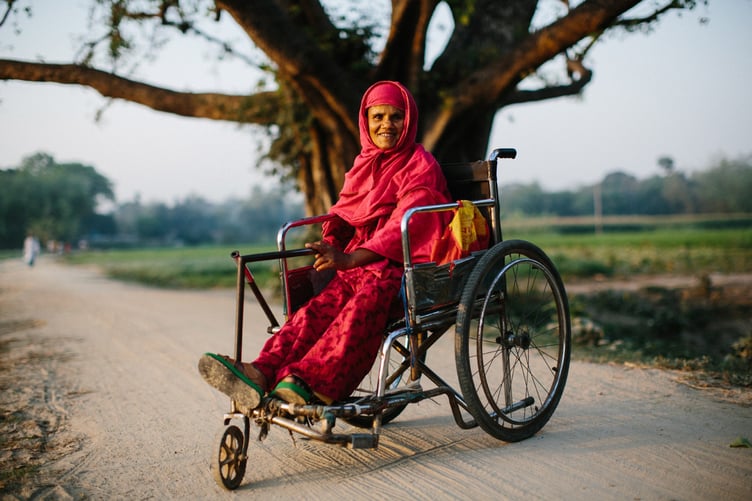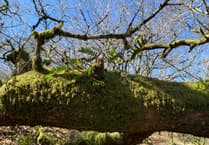RESIDENTS of Somerset are invited to explore a ‘thought-provoking’ photography exhibition by the charity Lepra, at Wells Cathedral.
The A New Face for Leprosy photography exhibition will take place at Wells Cathedral from December 13 to December 16.
The exhibition will be open on Friday, December 13, from midday to 4pm, Saturday, December 14, from 9am to 4pm, Sunday, December 15, from 11am to 3pm, and Monday, December 16, from 9am to 4pm.
For almost 100 years, UK-based charity Lepra has supported some of the world’s most vulnerable communities, affected by neglected tropical diseases such as leprosy.
To commemorate Lepra’s centenary in 2024, the free photographic exhibition titled is touring the UK and will come to Wells Cathedral.
Lepra aims to address the needs of individuals affected by leprosy by providing support for prevention, diagnosis, disability aids, and mental health services, while also maintaining partnerships with regional and national governments to ensure access to reconstructive surgery, multi-drug therapy, eye care, and physiotherapy.
In addition, Lepra offers assistance to those affected by lymphatic filariasis through diagnosis, self-care groups, and health education programmes.
The exhibition is a collection of thought-provoking images from photographer Tom Bradley, alongside interviews by leading leprologist Professor Diana Lockwood, as they travelled to Lepra’s projects in India and Bangladesh.
Tom said: “I wanted to capture honest portraits…one of the foremost things was to photograph people as human beings before people affected by leprosy. Even if someone has a disability because of leprosy, the photos don’t always show that.
“Sometimes the people photographed were diagnosed early and have absolutely no problems, which is a very important part of the story.”
Images of leprosy often emphasise the disabilities associated with the disease, which can reinforce widely held misconceptions, fears, and beliefs.
However, A New Face for Leprosy aims to challenge these myths and perceptions by showcasing individuals affected by leprosy living ordinary lives, working, and raising families. The exhibition encourages viewers to look beyond the disease and recognize the humanity of those impacted.
Serious, life-altering disabilities often associated with leprosy can be lessened, or entirely avoided, with early detection and treatment. For Lepra, community education and engagement are key to controlling this ancient disease, and reducing the physical, social, economic and emotional impact of diagnosis.
Book your free tickets by visiting this website: https://www.lepra.org.uk/events/a-new-face-for-leprosy





Comments
This article has no comments yet. Be the first to leave a comment.